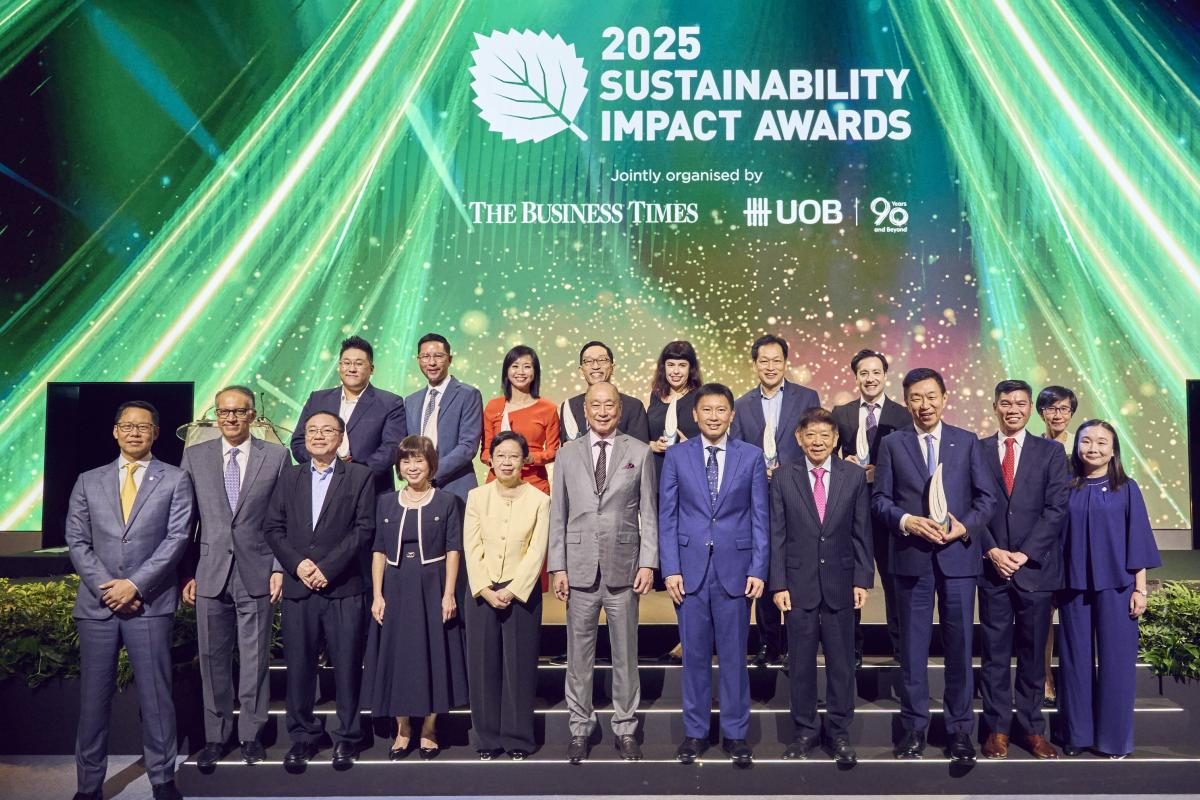On 25 September 2025, Awarded Impact Enterprise Excellence (SME) Award at Business Times & UOB Sustainability Impact Awards 2025, Singapore

On 16 October 2024, Pollen was featured in Business Times Singapore as one of 15 finalists in OCBC Bank's Emerging Enterprise Sustainability Award 2024.

On 17 February 2023, Pollen was interviewed by NHK while participating in 500 Global's Accelerate Aichi program.

On 27 March 2023, Pollen was featured on e27 for our work in sustainable liquidation.

For media inquiries, please contact us.


Looking to buy excess inventory in bulk? Click here!